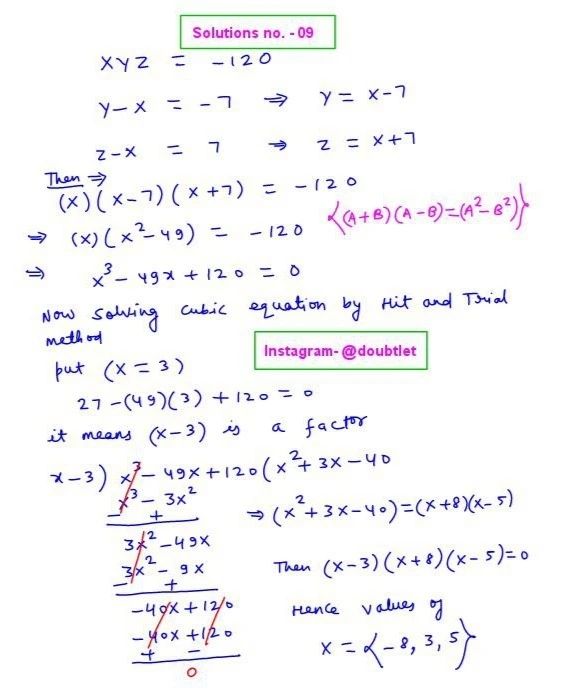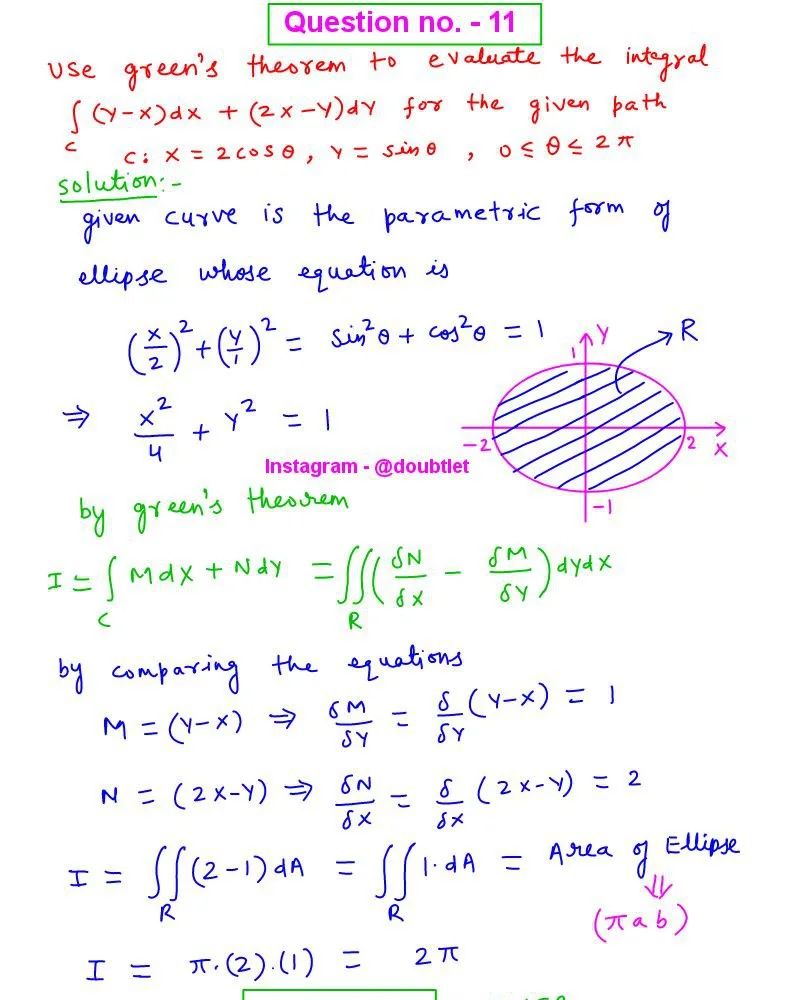









Nth Term Of A Harmonic Progression (H.P) Calculator
This calculator will help you to find the Nth term of a given Harmonic progression.Related Calculators:Nth term of an A.P. Calculator
Loading...
Loading...
Loading...
nth term of a Geometric Progression
nth term of a Arithmetic Progression
Sum of first n terms of an A.P.
Sum of infinite terms of a G.P.
Sum of n terms of a G.P.
Sum of the cubes of first n natural numbers
- 1. Introduction to the term of an Harmonic progression
- 2. What is the Formulae used ?
- 3. How do I calculate the term of an Harmonic progression ?
- 4. Why choose our term of an Harmonic progression Calculator?
- 5. A Video for explaining this concept
- 6. How to use this calculator ?
- 7. Solved Examples
- 8. Frequently Asked Questions (FAQs)
- 9. What are the real-life applications?
- 10. Conclusion
1. Introduction to the nth term a Harmonic progression
Harmonic progressions (HP) are a fascinating aspect of mathematics with applications in physics, music theory, and engineering. Finding the nth term of a harmonic progression is essential for understanding and solving various real-world problems. In this blog, we will delve into the concept of harmonic progressions, explore the formula used to find the nth term, provide a step-by-step guide on how to calculate it, work through examples, address common questions, discuss real-life applications, and conclude with the importance of mastering this mathematical tool.
A harmonic progression is a sequence of numbers in which the reciprocals of the terms form an arithmetic progression.
In other words, if … are the terms of a harmonic progression, then ..... is an arithmetic progression.
The nth term of a harmonic progression is at the nth position in the sequence.
2. What is the Formulae used?
The formula for finding the term of an Harmonic progression is given by:
=
Where is the first term of the sequence & is the common difference.
is the number of the term which is required & represents the term of an Harmonic progression.
3. How do I calculate the nth term of a Harmonic progression?
Identify the value of a, d, and n.
Use the above formula to calculate the term of a Harmonic progression.
4. Why choose our Addition/Subtraction of two Vectors Calculator?
Our calculator page provides a user-friendly interface that makes it accessible to both students and professionals. You can quickly input your square matrix and obtain the matrix of minors within a fraction of a second.
Our calculator saves you valuable time and effort. You no longer need to manually calculate each cofactor, making complex matrix operations more efficient.
Our calculator ensures accurate results by performing calculations based on established mathematical formulas and algorithms. It eliminates the possibility of human error associated with manual calculations.
Our calculator can handle all input values like integers, fractions, or any real number.
Alongside this calculator, our website offers additional calculators related to Pre-algebra, Algebra, Precalculus, Calculus, Coordinate geometry, Linear algebra, Chemistry, Physics, and various algebraic operations. These calculators can further enhance your understanding and proficiency.
5. A video based on the concept of how to find the nth term of a Harmonic progression.
6. How to use this calculator
This calculator will help you to find the term of a Harmonic progression.
You must put the values a, d, and n in the input boxes.
After clicking on the Calculate button, a step-by-step solution will be displayed on the screen.
You can access, download, and share the solution.
7. Solved Examples
Find the 4th term of a harmonic progression with the first term an as 2 and d = 1.
Given value of a = 2, d = 1, and n = 4
By using the above formula, = =
So the term of the series is .
Determine the term of a Harmonic progression where the first term (a) is 2 and the common difference (d) is -3.
Given value of a = 2, d = -3, and n = 15
By using the above formula, = =
So the term of the series is .
8. Frequently Asked Questions (FAQs)
What is the significance of harmonic progressions in real life?
Harmonic progressions are prevalent in physics, music theory, and engineering, particularly in the analysis of oscillatory and wave phenomena.
Can this formula be used for non-integer values of n?
The formula is typically applied for positive integer values of n, as harmonic progressions are usually considered discrete sequences.
What if the common difference (d) is negative?
A negative common difference indicates that the reciprocals of the terms are decreasing, and the terms themselves are increasing.
Are there other methods to calculate the nth term of an HP?
While you can derive the formula from the concept of harmonic means or use recursion, the formula mentioned here is the most direct method.
Is there a way to find the nth term directly without finding d?
The formula presented here directly calculates the nth term without the need to find d separately.
9. What are the real-life applications?
In physics, the nth term of a harmonic progression is used to model and analyze various waveforms, including sound waves, electromagnetic waves, and mechanical vibrations. Understanding these harmonic progressions helps scientists and engineers design and optimize technologies in acoustics and telecommunications.
10. Conclusion
The ability to find the nth term of a harmonic progression is a valuable mathematical skill with practical applications in physics, engineering, and music theory. By mastering this formula, you gain insights into oscillatory and wave phenomena behavior, enabling you to solve real-world problems and contribute to advancements in science and technology. Mathematics, through concepts like this, continues to be a powerful tool for understanding and shaping our world.
10. Conclusion
The sum of the first n terms of an arithmetic progression is a fundamental mathematical concept that bridges theory and practical applications. Armed with the formula and the ability to calculate it, you have a powerful tool for solving various problems across diverse fields. Through concepts like this, mathematics continues to empower us with the tools needed to explore and understand the world around us.
This blog is written by Neetesh Kumar
If you have any suggestions regarding the improvement of the content of this page, please write to me at My Official Email Address: doubt@doubtlet.com
Are you Stuck on homework, assignments, projects, quizzes, labs, midterms, or exams?
To get connected to our tutors in real time. Sign up and get registered with us.
Comments(0)













Leave a comment